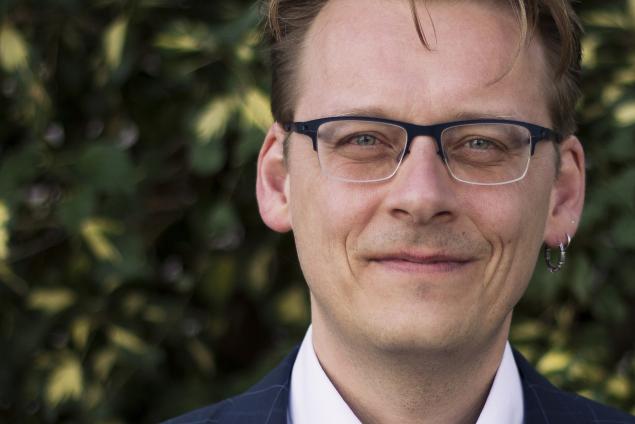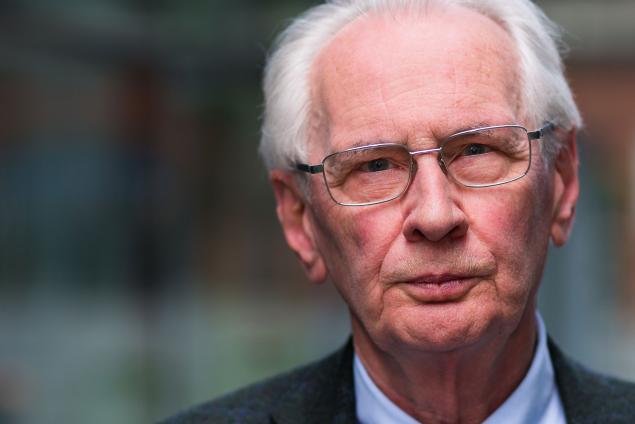Scroll to Section:
Despite an upsurge in nationalist rhetoric, EU citizens still support European level decision making in several policy areas. For a political union to be effective, however, similarity in policy preferences is necessary. In this video, GUIDO TABELLINI considers whether citizens of different EU states are sufficiently similar in their views of the world to make further political integration feasible. Analyzing survey data on areas including values and civic capital, religiosity and the role of the state, Tabellini finds that despite heterogeneity between EU citizens increasing over time, Europeans are still not very different from one another. Nevertheless, with European identity remaining much weaker than national identities, Tabellini identifies a number of measures that could help to underpin further political integration going forward.
DOI:
https://doi.org/10.21036/LTPUB10678
Original publication
Is Europe an Optimal Political Area?
Brookings Papers on Economic Activity
Published in 2017
Beyond
A Ground-breaking Scientific Revolution
An Alarming Challenge for Society
If I Had a Second Life
A Personal Reading Recommendation




